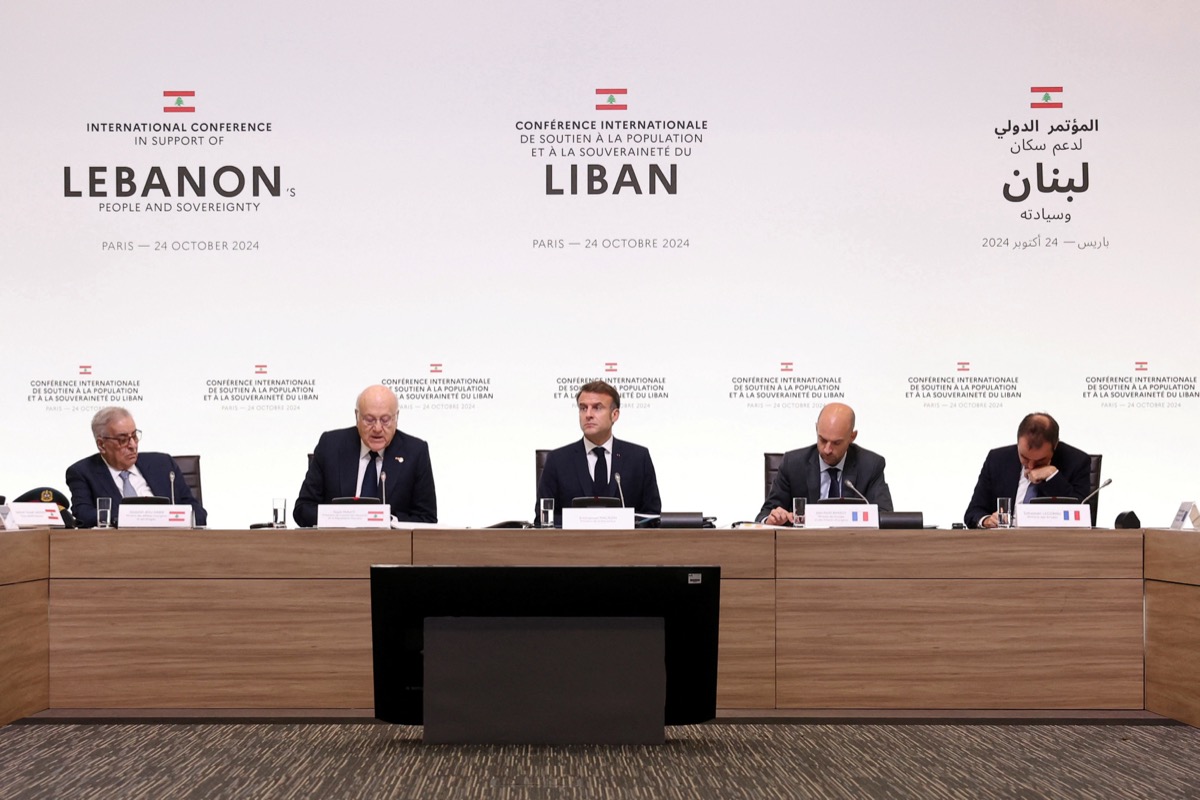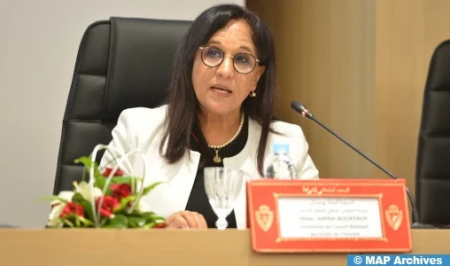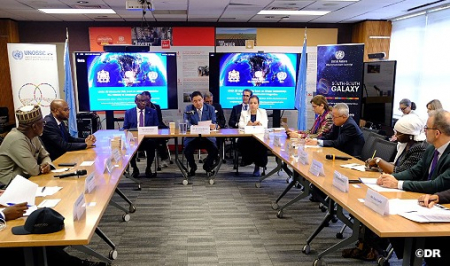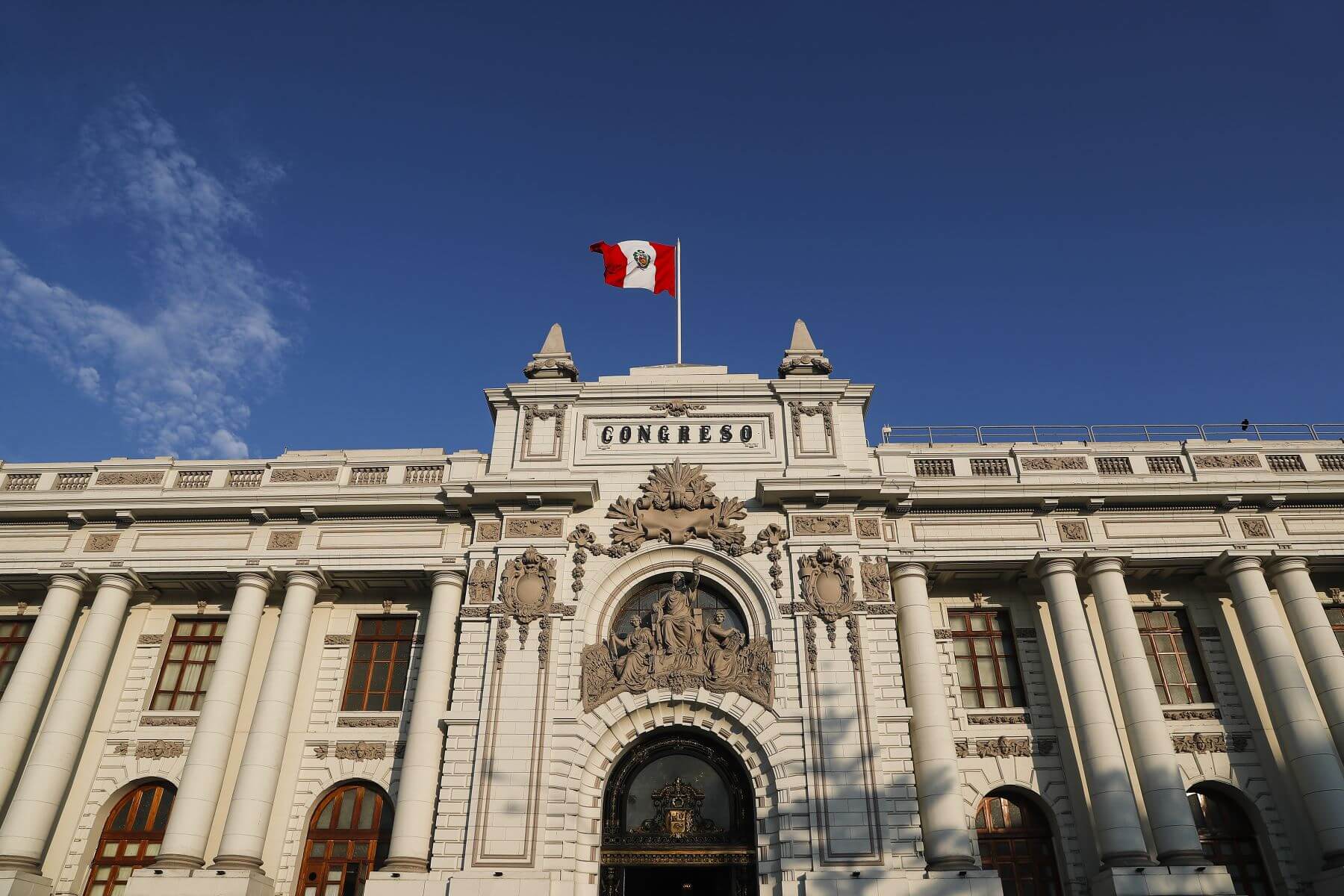Morocco has called for a full ceasefire in Lebanon and for the respect of the country’s sovereignty, territorial integrity, and the dignity of its citizens.
Lebanon “cannot and must not continue to bear the burden of conflicts that are playing out elsewhere, under the shadow of regional agendas, which have left it drained,” said Morocco’s representative at the international conference to support Lebanon, organized at the initiative of French President Emmanuel Macron.
The conference was opened this Thursday Oct.24 by President Macron, in Paris, with the hope of mobilizing humanitarian aid from the international community and securing a permanent ceasefire as quickly as possible.
The aim of the conference is to provide assistance to those displaced by the conflict between Israel and Hezbollah, to rally the international community to raise at least 400 million dollars (371 million euros) as requested by the United Nations.
Senior official at the Moroccan Foreign Minister Fouad Yazourh, who praised the French President’s initiative to organize this conference amid a particularly worrying international and regional context, marked by military operations of unprecedented scale since 2006, noted that “the Lebanese citizens have the right to aspire to peace, security, and the long-awaited tranquility.”
Morocco, he affirmed, calls on the international community to act to implement a full ceasefire under the command of the United Nations, to secure the return of displaced persons with guarantees of real protection, and to provide the needed essential humanitarian aid, under the direct supervision of Lebanese authorities. Efforts must also be made to rebuild what was destroyed by the war, under the supervision of the international community and official Lebanese institutions, he said.
Morocco’s vision, as spearheaded by King Mohammed VI, Chairman of the Al-Quds Committee, is clear on this matter, Yazourh recalled, noting that for Morocco, it is not enough to manage the crisis as a burden; a definitive solution must be found.
He emphasized that at the heart of this deadlock lies the Palestinian issue. He insisted, in this vein, that for Morocco, any long-term solution, any true peace in the region, must be based on a two-state solution.
An independent Palestine, with Gaza as an integral part, and East Jerusalem as its capital. Without this there will never be lasting security or stability, he stressed.
King Mohammed VI has repeatedly emphasized that the political deadlock around the Palestinian issue is the very foundation of the tensions that are engulfing the Middle East, Yazourh said.
The official, who reaffirmed Morocco’s solidarity with the people and government of Lebanon, pointed out that now more than ever, “it is imperative that reason and diplomacy prevail.” “The immediate cessation of hostilities in Lebanon and Gaza must be our top priority, which cannot be lasting without establishing a parallel political perspective capable of building the foundations of a just and stable peace for the entire region.”
This conference, which brought together Lebanon’s partner states, the United Nations, the European Union, as well as international, regional, and civil society organizations, aimed to mobilize the international community to respond to the emergency protection and relief needs of Lebanon’s population and to identify ways to support the country’s institutions, particularly the Lebanese Armed Forces.
Lebanon has been paralyzed for nearly two years by a political crisis that plunged it into economic chaos, and has, for the past month, been the scene of a war between the Iranian-backed Lebanese Islamist movement Hezbollah and Israel.
The clashes, mainly occurring in the south of the country along the border with Israel, have already forced more than 800,000 people to flee, according to the United Nations. Lebanese authorities put the number of displaced people at over one million. At least 1,552 people have been killed in Lebanon since the start of the war.



